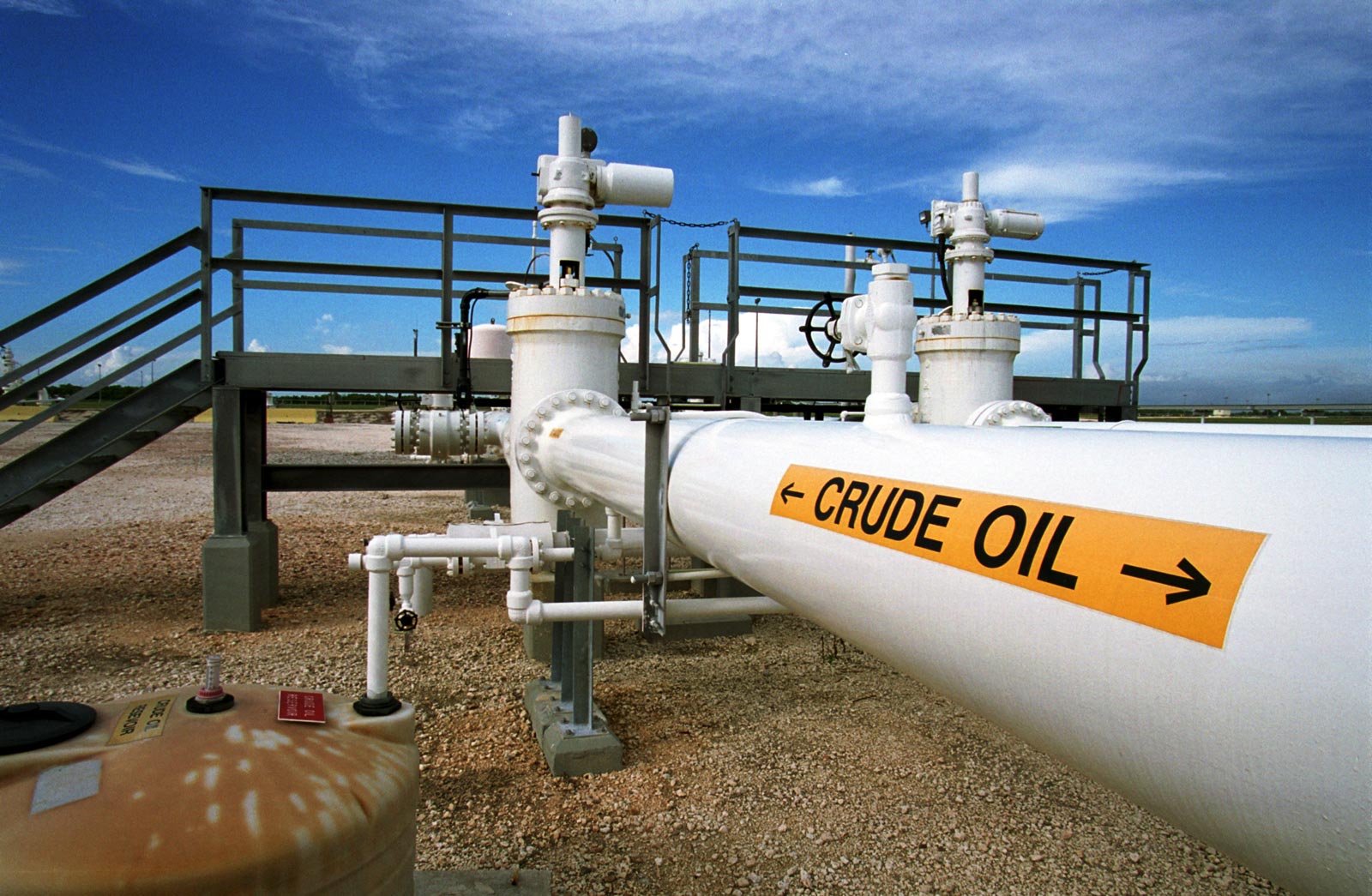Crude oil prices on Monday rose by over six percent after the world’s oil consumer body, the International Energy Agency (IEA), said it expected United States shale production to fall this year and next, potentially easing a glut that has driven prices to their lowest in more than a decade.
Reuters reported that a bounce in global stock markets and the after-effects of a fall in the US oil rig count last week also supported prices.
But as the IEA’s forecast provided some glimmer of hope of a price recovery in the medium-term, it is the near-term that was of paramount importance to President Muhammadu Buhari when he departed for Saudi Arabia yesterday to meet with leaders of the kingdom in order to consolidate on the oil output freeze aimed at pushing up prices.
The world’s two largest oil producers, Saudi Arabia and Russia, agreed last week to keep oil output at January levels – the first cooperation among OPEC and Non-OPEC producers in 15 years – in order to boost prices.
The problem, however, is that the attempt to cap output could be scuttled by Iran, which has hurriedly increased output since US-led sanctions were lifted after it agreed to stop its nuclear programme.
Iran has “welcomed” the oil freeze, but made it abundantly clear that it would not cap output.
Its position also reflects the political tension in the Gulf between Sunni-led Saudi Arabia and its allies in the region, and Shia-led Iran.
Ideally, Buhari’s oil diplomacy in the region would have made more sense with a stopover in Iran, however, the military clash with the Iranian-backed Shiites in Zaria last December has put paid to the possibility of a détente with President Hassan Rouhani and the Ayatollahs of Iran.
Without Iran and even Iraq on their side, cash-strapped oil producers like Nigeria may have to wait a bit longer before oil prices reach levels sufficient to improve their finances.
Yesterday, however, US crude (WTI) futures rose above $31 a barrel, gaining $1.95, or 6.6 per cent, to $31.59 a barrel.
The March contract expires at the end of the session. US crude for April delivery traded at a higher volume and was at $33.46.
Also, international benchmark Brent was up $1.49 or 4.5 per cent at $34.50 a barrel.
IEA, the energy advisor to 26 industrialised countries, said in its medium-term outlook monday that US shale oil production was expected to fall by 600,000 barrels per day (bpd) this year and another 200,000 bpd in 2017.
This fed into data released late last week that showed US drilling rig numbers had fallen to the lowest level since December 2009.
The IEA also said in its report the global oil market would begin rebalancing in 2017.
“Today’s oil market conditions do not suggest that prices can recover sharply in the immediate future,” the agency said.
In the US, record crude stocks of 504.1 million barrels were also weighing on markets, countering a proposed production freeze at January levels by Russia and OPEC.
Russia and OPEC both pumped oil at near-record volumes last month, with Russia reaching another post-Soviet high of 10.88 million bpd.
OPEC member Iraq said yesterday it planned to raise oil output levels to more than 7 million bpd over the next five years, and to export 6 million bpd of that. Oil production in Iraq hit a record high of 4.775 million bpd in January.
Meanwhile, Shell Petroleum Development Company (SDPC) of Nigeria Limited declared a force majeure on Forcados liftings effective 1500hrs (Nigerian time) on Sunday, following the disruption in production caused by the spill at the Forcados terminal subsea crude export pipeline.
The Anglo-Dutch oil firm said it was intensifying efforts on containment and oil recovery after the February 14 spill, while also finalising repair plans.
“Supported by industry group Clean Nigeria Associates (CNA) and other oil companies, SPDC has deployed specialised equipment to contain the spill.
“SPDC has also mobilised clean-up teams and contracted a specialised aircraft to join in the response. Production into the terminal and crude oil exports were stopped soon after the spill was discovered,” the company said.
According to the statement, diving teams which inspected the 48-inch diameter export pipeline, reported extensive damage that was consistent with the application of external force.
Following this incident, Shell said it was working with the relevant government agencies to review the security situation around its critical assets in the Niger Delta.
SPDC’s general manager in charge of External Relations, Mr. Igo Weli, said: “This incident is regrettable but our response is comprehensive including multiple flights over the affected area to monitor the impact and deployment of clean-up experts from within and outside Nigeria.
“Oil recovery will continue while we finalise repair plans pending the conclusion of the ongoing Joint Investigation Visit (JIV) process. We appreciate the support of the communities, regulators and security agencies who are taking part in the investigation.”
In the meantime, SPDC has procured relief materials for distribution to communities.







